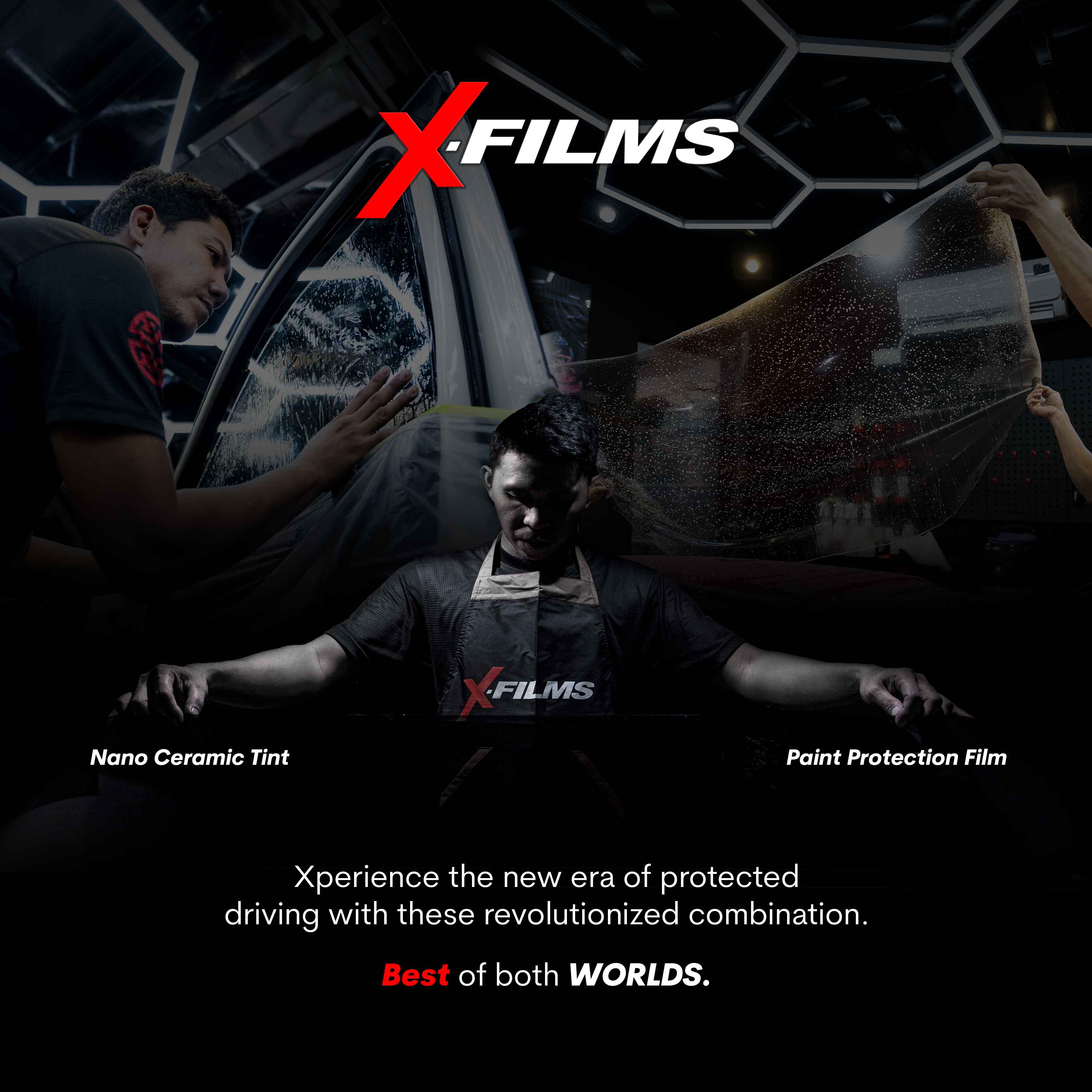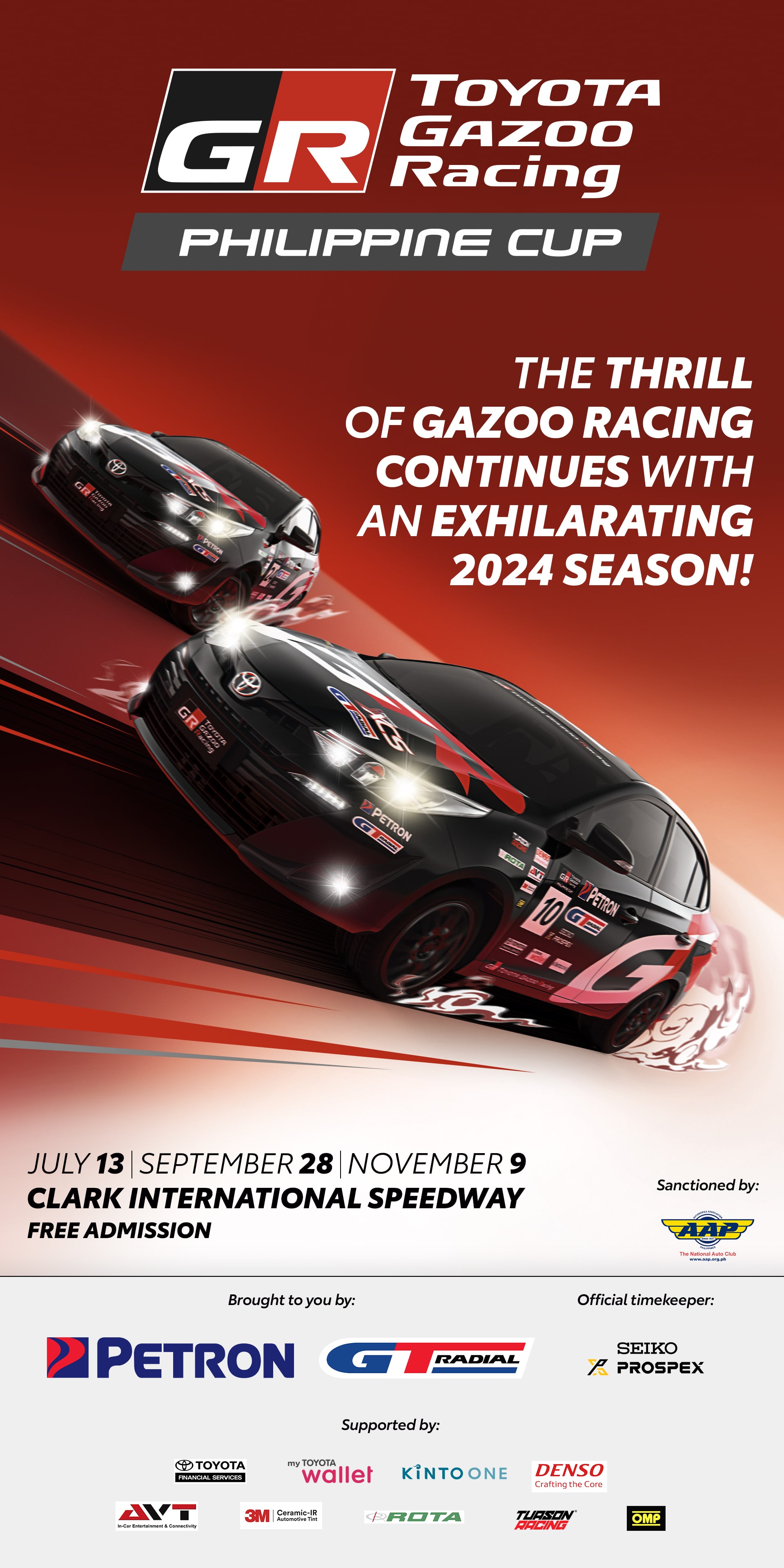PRESS RELEASE:
The leaders of the non-life insurance industry in the Philippines resolved to take significant steps to improve claims settlement service in the Philippines during 2017 PIRA Non-Life Industry Forum, last October 11, 2017 at the Blue Leaf Filipinas in Parañaque City.
Deputy Insurance Commissioner Ferdinand George Florendo told a crowd of over 200 officials from the industry that claims is “the essence, if not the heart, of the insurance value chain. It is only when the claim is paid that the policyholder gets to test or experience the reliability of the indemnity protection that they paid for,” Florendo said.
However, automotive journalist and CNN Philippines host James Deakin, speaking on behalf of the insuring public, said that insurers seem to distrust the public when making claims. “There’s a feeling out there that when it’s time for us to claim, we’re not really given the same courtesy back. It’s almost as if we’re presumed cheating,” Deakin said.
Deakin shared to the industry concrete suggestions that may improve claims servicing in the country particularly those involving motor car insurance. “At the heart of the matter is somebody is a subject of an unfortunate event and that somebody is waiting to get paid,” said PIRA Chairman Augusto Hidalgo in his opening remarks. "Those somebodies also hold the power to strengthen the business, or if they are unsatisfied with claims processing, they also have the power to weaken business by leaving, or worse, choosing to not get an insurance at all", Hidalgo added.
It’s a paradox, Florendo said, that claims is necessary to prove the reliability of insurance products, and yet it is something which insurance companies want to minimize. He cited a 2014 study by Accenture where 83% of respondents who were dissatisfied with claims processing said that they plan to switch or have already switched to another insurer.
But what is surprising is that 41% who were satisfied with claims processing still said that they were likely or even very likely to switch to another insurer in the next 12 months. “Delivering average claims satisfaction levels is not enough. The bar has been raised. Insurers need to provide a differentiated claims experience that not only delivers good service but maintains an appropriate financial discipline as well,” said Florendo.
‘Sachet insurance’
Microinsurance may be one of the answers. “Sachet insurance. Insurance in bite-size, affordable chunks. If everybody can buy coffee, creamer, sugar, shampoo in sachets, why not insurance?” said Lorenzo Chan, Executive VicePresident of Pioneer Insurance and Surety Corporation and the president and CEO of Pioneer Life.
He said that a big turn off for the insuring public is the overly complicated process of filing a claim. Chan recalled his experience in filing a travel insurance claim after losing two shirts on a flight to Rwanda. “There were forms to fill up, a declaration to sign, I had to call the airline company. It was a long and tedious process – and I’m an insurer! Insurance for the mass market cannot work like that. These people cannot afford to wait,” he said.
“If you’re rich, you can wait for a month, you can even wait for six months. But if you’re poor, your only option is to go to a loan shark to bury your dead. Or a kid may have to stop going to school. These people may not be even able to recover,” said CARD Pioneer Microinsurance President and CEO Geric Laude. He added that there are over 80 million individuals in classes C, D, E who need to be insured. Even if one would argue that not all of them would be able to afford insurance, a generous halving of that number for the sake of estimation still shows that there are at least 40 million individuals who need insurance.
“Those are the people who need insurance, probably more than the AB market,” Chan said. If these people get covered with microinsurance, they would not need to wait in long lines for dole outs and donations when calamities like Yolanda strike. Having fast and efficient claims processing is key for the continued growth of insurance companies. Laude shared how word of mouth influenced people to get insured with CARD Pioneer. This is why they do not have advertisements on TV, or on print, or on social media. “Our clients do the advertising for us,” he said.
Trimming requirements
Deakin said that the requirements for claims need to be trimmed, especially if there are better substitutes for requirements like police sketches. “You’ll go a long way to regain the people’s trust and removing all these hurdles that people see as… you see it as necessary, and I agree with that, but the motorists doesn’t see it as that. They see it as excuses,” he said.
Some companies have already started trimming down requirements by looking for alternative sources of information. Chan shared that during Yolanda, Pioneer worked with local partners who knew the locals to help identify where they lived instead of appointing surveyors and adjusters to head to a field of flattened houses.
He also recalled that local partners and the local government were also instrumental in aiding the processing of death claims as they were tapped to check and countercheck claims by identifying the deceased. Laude also suggested that companies may find alternative sources of information to support claims and detect fraud. “We can reinvent the rules of insurance but the principles stay the same,” he added.
Deakin further suggested that insurance companies should do away with police sketches and instead incentivize the use of dashcams by providing discounts. He added that on-scene photos taken through mobile phones could also be used. He also said that police reports should not be necessary when no one was injured. “There’s so much room for extortion, there’s so much room for inefficiency, The police report, some money’s thrown under the table and it’s written in favor of somebody else,” he added.
Aside from these, Deakin also recommended that an independent website or app be set up for the sole purpose of taking queries and complaints from the insuring public. He also wishes that insurance companies partner with ridesharing services like Grab and Uber to offer in-app microinsurance, where riders will be shown the option to add as little as P5 to insure the ride or their luggage.
Solutions for faster claims processing and fraud detection using technology were also presented by Merimen CEO Trevor Lok, Tagit founder Herve Alfieri, and FPG Insurance CEO Ramon Dimacali. Dimacali even recalled approving a claim while he was in Turkey, all made possible through technology.
Western Guaranty Vice President Bernard Gerard Reyes shared that his company needed to improve their claims system and work on electronic claims settlement. While Marsh Philippines Senior Vice President Paulo Garcia walked through the role of the broker in claims settlement, from pre-loss, to the loss event, up to post-loss.
The discussions proved to be fruitful as the convention produced four resolutions for the Philippine Insurers and Reinsurers Association (PIRA) to act on, two of which stemmed from Deakin’s talk.




